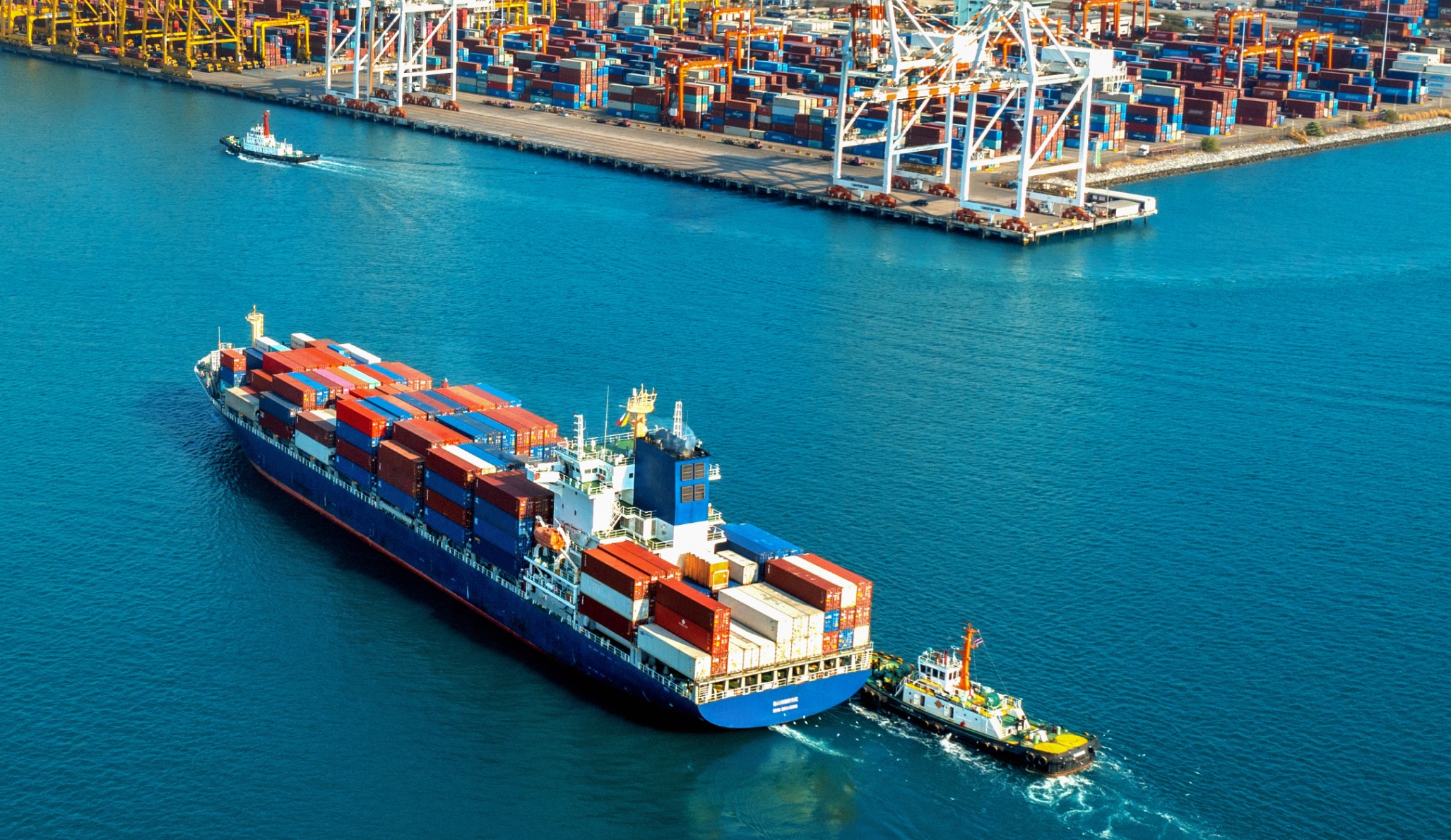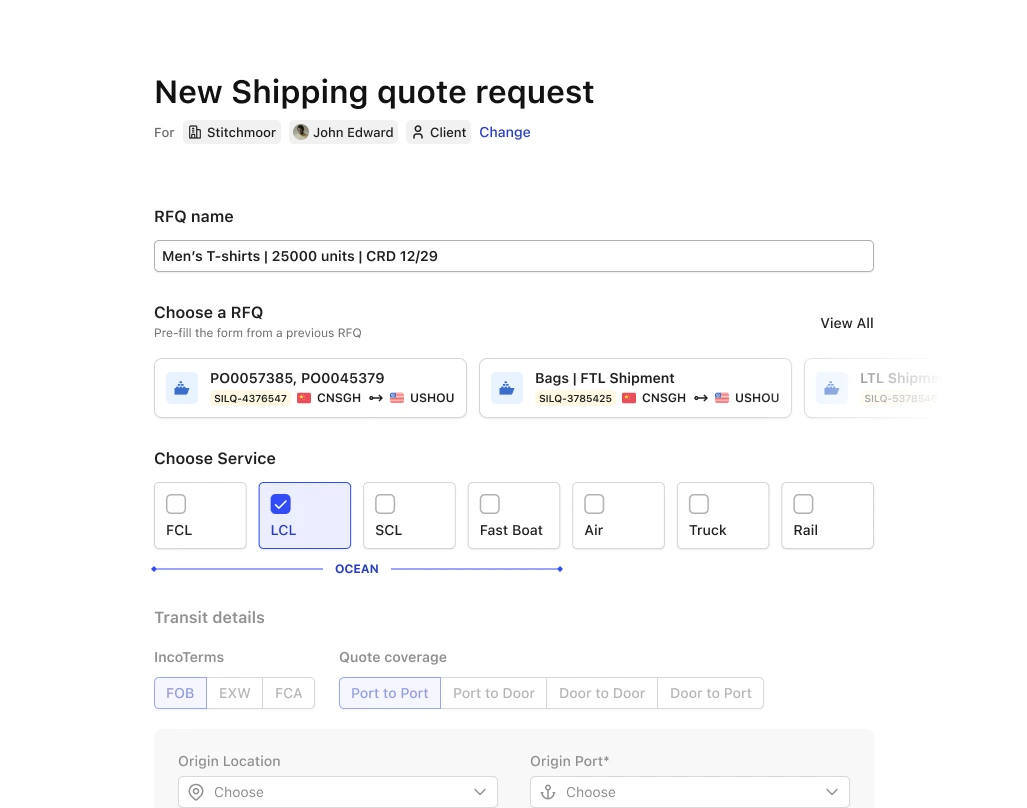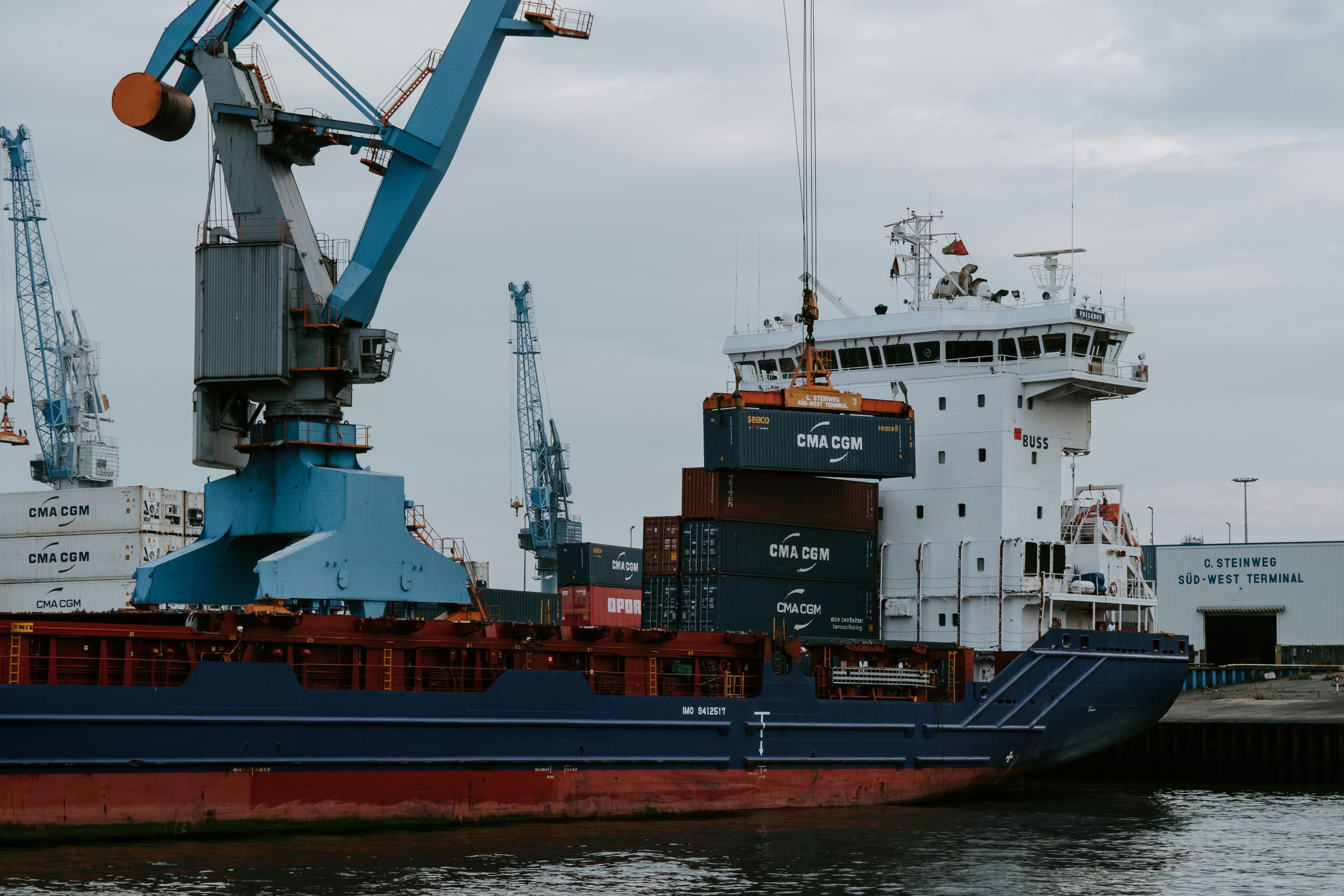How FreightTech and Human Expertise Revolutionize Supply Chains (Part 1)

FreightTech, short for ‘freight technology,’ is a subfield within the logistics and supply chain sector that leverages advanced technologies such as Artificial Intelligence (AI), Internet of Things (IoT), and Big Data analytics to streamline and optimize freight operations. It's not just a buzzword; it's a transformative force that's making waves in the industry. From real-time cargo tracking and route optimization to automated inventory management, FreightTech is rapidly becoming an integral part of modern supply chains. As the demands for quicker deliveries and more transparency grow, FreightTech continues to evolve, presenting a compelling case for its adoption across various supply chain activities.
Game-Changing Tools: The High-Impact Advancements of FreightTech

FreightTech is revolutionizing the supply chain industry through a suite of advanced technologies that automate and optimize various facets of freight operations. Here are some key advancements:
- Automated Tracking: Gone are the days of manual tracking systems. Automated tracking with FreightTech, businesses can employ IoT sensors and GPS to monitor shipments in real time, significantly improving visibility and reducing the chances of cargo theft or misplacement.
- Predictive Analytics: Using Big Data and machine learning algorithms, FreightTech can forecast trends, helping companies anticipate issues before they become problems. This is especially crucial for inventory management and demand planning, reducing carrying costs and stockouts.
- Route Optimization: Leveraging AI and geospatial analysis, FreightTech platforms can automatically determine the most efficient shipping routes. This doesn't just reduce fuel costs; it also decreases a company's carbon footprint and speeds up delivery times.
The automation and efficiency gains from these advancements are not just incremental; they are transformational. They not only save time and reduce human error but also contribute to more sustainable and resilient supply chains.
The Human Element: Why Data Alone Doesn’t Cut It

While FreightTech offers unmatched capabilities in automation and analytics, it doesn’t replace the need for human judgment and understanding, especially in intricate or unforeseen scenarios. Here are some areas where human expertise is irreplaceable:
- Complex Problem-Solving: No matter how advanced, algorithms can't fully replicate the nuanced decision-making skills that seasoned supply chain professionals bring to the table. For example, during a geopolitical crisis affecting shipping routes, human expertise is invaluable in quickly evaluating risks and deciding on alternative routes or strategies.
- Relationship Management: Tech can provide data, but it takes a human touch to manage relationships with suppliers, stakeholders, and customers. Emotional intelligence, negotiation skills, and understanding the subtleties of human interaction are things technology can’t replace.
- Ethical Considerations: As supply chains come under greater scrutiny for their environmental and social impacts, human insight is crucial in evaluating ethical considerations. Whether it's deciding on a more sustainable shipping method or ensuring fair labor practices, these are decisions that involve more than just data points.
- Adapting to Unforeseen Circumstances: When disruptions occur, such as natural disasters or pandemics, human professionals can adapt and make quick decisions based on a variety of factors that may not be included in a dataset. This adaptability is essential for risk management and long-term resilience.
The human element acts as a dynamic layer of intelligence that refines, adjusts, and directs automated systems, making sure they serve broader business goals and ethical considerations.
Synergy in Action: The Balanced Benefits of Merging FreightTech and Human Insight

The most effective supply chain management strategies employ a balanced approach that maximizes the strengths of both FreightTech and human insight. Let's break down how this symbiotic relationship works:
- Data-Driven Strategy & Human Oversight: FreightTech can provide an abundance of data, but human experts are necessary for interpreting that data within context, setting strategic goals, and implementing actionable plans. In essence, FreightTech provides the "what" and "how," while human insight provides the "why" and "when."
- Enhanced Agility: Automated systems can quickly adjust to predefined parameters, but humans can change those parameters based on new information or unforeseen events. This duality ensures that the supply chain is not just fast but also agile, capable of adapting to new challenges and opportunities.
- Risk Mitigation: While FreightTech can predict potential risks based on historical data, human judgment is crucial for assessing the severity and impact of those risks. This combined approach allows for more comprehensive risk management, balancing automated efficiency with nuanced decision-making.
- Quality Assurance: Advanced FreightTech can monitor product quality through the supply chain, but human experts are needed to make judgment calls in case of inconsistencies or quality issues that the technology may not fully understand.
- Customer Experience: Technology can facilitate smoother transactions and updates, but the human team can step in to handle special requests, deal with complaints, and offer a personalized service that builds customer loyalty.
In short, FreightTech can handle the routine and computationally intense tasks, freeing up human experts to focus on strategic planning, problem-solving, and relationship-building. This creates a balanced, resilient, and responsive supply chain that is far more effective than either element could be on its own.
Smarter Choices: Data-Driven Decisions Through Human Interpretation

The integration of FreightTech with human expertise takes decision-making to a whole new level, offering both depth and breadth in understanding the complex landscape of supply chain management. Here’s how:
- Contextual Interpretation of Data: FreightTech can provide a wealth of data, from tracking shipping delays to assessing warehouse efficiencies. However, the data is most useful when interpreted through the lens of human insight, which can contextualize the numbers. For example, a sudden increase in shipping delays might be automatically flagged by FreightTech, but a human can identify if it’s an isolated incident or a trend that requires strategic changes.
- Strategic Flexibility: Automated tools are excellent for executing pre-defined tasks, but they generally lack the ability to strategize. When data from FreightTech is analyzed by human experts, it becomes easier to adapt and pivot strategies in real time, providing a more dynamic response to market trends or disruptions.
- Resource Allocation: FreightTech can suggest optimal routes and inventories based on historical data, but it can't make judgment calls on investing in new relationships with suppliers or expanding into new markets. Human insight is essential for these capital-intensive decisions that can significantly impact the supply chain in the long term.
- Scenario Planning: While predictive analytics can forecast potential outcomes based on existing data, only human expertise can model various "what if" scenarios that consider external variables like policy changes or market instability. This results in more robust and versatile planning.
- Enhanced Communication: Data points and analytics reports are often not self-explanatory and may require interpretation. Human expertise can translate FreightTech data into actionable insights and clear directives for team members, stakeholders, or partners.
The blend of FreightTech’s robust data analytics and human intuition allows for a holistic view of the supply chain. It helps convert raw data into actionable insights, making the decision-making process more nuanced, adaptive, and ultimately, more effective.
Navigating the New Frontier: Uniting FreightTech and Human Expertise for Tomorrow's Supply Chain
As we've delved into the powerful interplay between FreightTech and human expertise, it's clear that this synergistic approach is more than the sum of its parts. It is a transformational force that stands to revolutionize supply chain management.
FreightTech, with its real-time tracking, AI-powered analytics, and IoT-enabled devices, lays the groundwork for an efficient and robust supply chain. But it is the human element—our ability to make strategic decisions, foster meaningful relationships, and adapt in the face of unprecedented challenges—that breathes life into this technological framework. Together, they pave the way for a more dynamic, resilient, and innovative supply chain landscape.
The journey, however, doesn't stop here. As we continue to integrate human insight with FreightTech, the potential for greater efficiency and adaptability is virtually limitless. With continuous advancements in technology and an increasing emphasis on human-centric solutions, we are at the cusp of an era that promises to redefine how we manage and optimize global supply chains.
If you're intrigued by this evolutionary leap in supply chain management, you won't want to miss what comes next. Stay tuned for Part 2, where we will explore how this blend of technology and human expertise is leveraged during times of crisis and how it builds trust and collaboration among stakeholders.
Ready to transform your supply chain into a strategic asset? Learn how Silq can be your partner in achieving smarter, more resilient logistics. Click here to get started with Silq today!
Ready for Supply Chain Predictability?
Importers using Silq ship smarter, safer, and with total control.







